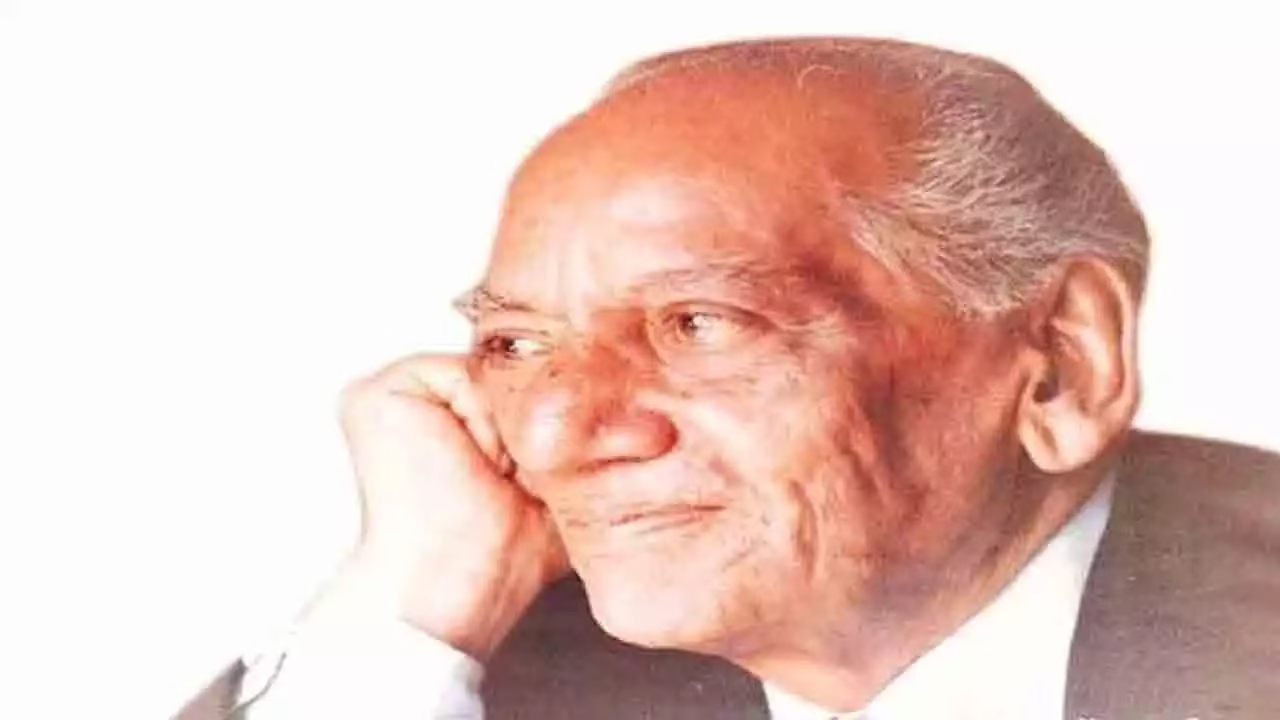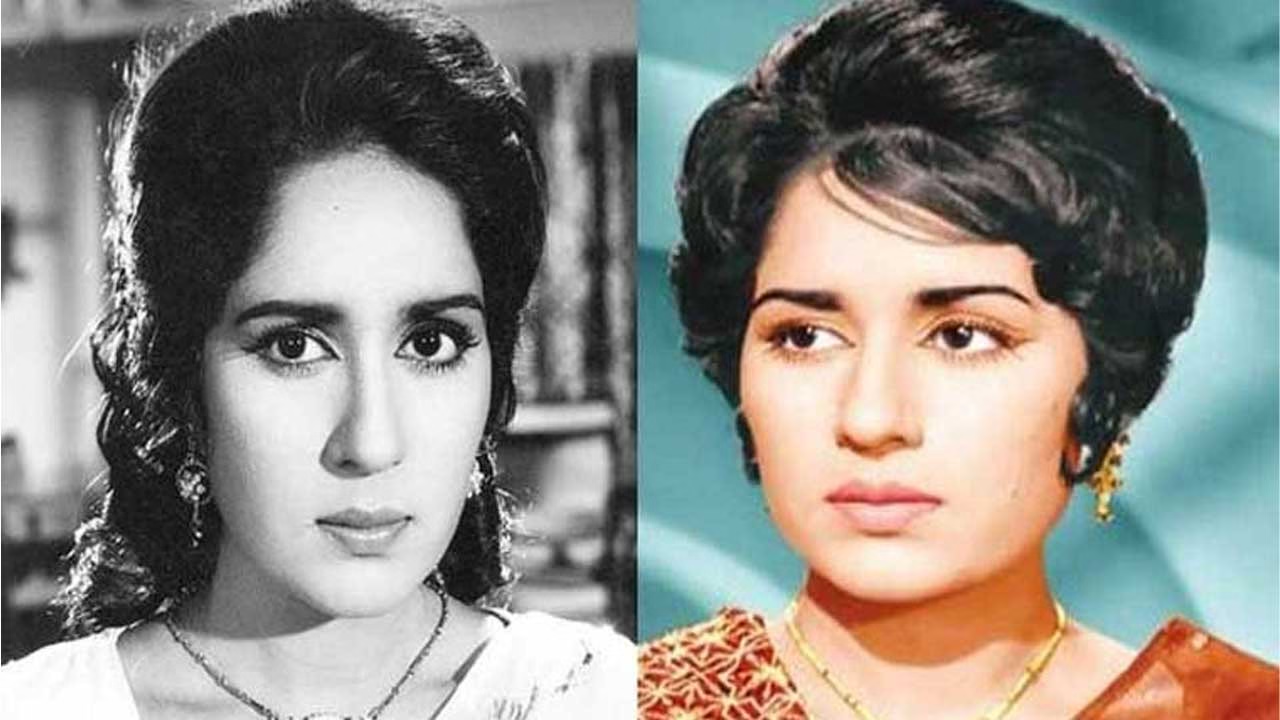Faiz Ahmed Faiz, a legendary Urdu poet and human rights activist, was born on February 13, 1911, in Sialkot, British India (now Pakistan). He dedicated his life to fighting against oppression, injustice, and tyranny through his powerful poetry. Despite facing imprisonment and exile multiple times, Faiz never wavered in his commitment to speaking the truth. His words continue to inspire generations, making him one of the most influential poets of the 20th century.
A Fusion of Romance and Revolution
Faiz Ahmed Faiz masterfully blended revolutionary thought with a romantic tone, creating a new aesthetic dimension in Urdu poetry. Unlike traditional poets who focused solely on love and personal emotions, Faiz expanded the horizon of Urdu poetry by addressing socio-political issues with deep sensitivity. His ghazals and nazms became anthems of resistance, hope, and transformation.
One of his most iconic poems, Hum Dekhenge, became a symbol of defiance against dictatorship and oppression. Written during General Zia-ul-Haq’s martial law in Pakistan, the poem continues to resonate with people fighting for justice and democracy worldwide.
Imprisonment and Exile: The Price of Truth
Faiz Ahmed Faiz’s unwavering stance against authoritarian regimes led to his imprisonment multiple times. In 1951, he was arrested in connection with the Rawalpindi Conspiracy Case, accused of plotting to overthrow the government. He spent four years in jail, during which he penned some of his most profound poetry, later published in Dast-e-Saba and Zindan-Nama.
Exile did not deter Faiz from his mission. He spent several years in Beirut, Lebanon, where he continued his literary and journalistic work. However, his heart always longed for his homeland, as reflected in his melancholic verses filled with nostalgia and longing.
Contribution to Cinema and Music
Faiz Ahmed Faiz’s contribution to the film industry is equally remarkable. His poetry was immortalized through the voices of legendary singers like Mohammad Rafi, Noor Jehan, Mehdi Hassan, Asha Bhosle, and Jagjit Singh. His songs, ghazals, and film dialogues enriched the golden era of South Asian cinema, adding depth and meaning to music.
Bollywood and Pakistani cinema frequently adapted his poetry, showcasing its timeless appeal. Even today, his compositions are used in movies and stage performances, keeping his legacy alive.
Awards and Recognition
Faiz’s immense contributions to literature and human rights earned him numerous awards, including:
- Lenin Peace Prize (1962) – One of the highest honors for peace activism, awarded by the Soviet Union.
- Nishan-e-Imtiaz (Posthumous, 1990) – Pakistan’s highest civilian award.
- Unesco’s Commemorative Recognition – His works were celebrated globally for their universal message of justice and humanity.
Despite these accolades, Faiz remained a humble poet of the people, advocating for the rights of the marginalized.
Legacy: A Poet for All Generations
Faiz Ahmed Faiz proved that truth-telling is not confined to any one person, region, or era—it is a universal duty. His poetry remains relevant today, recited at protests, literary gatherings, and cultural events worldwide.
His words have transcended time, inspiring artists, activists, and revolutionaries. Whether through Mujh Se Pehli Si Mohabbat or Bolv Ke Lab Azaad Hain Tere, Faiz’s poetry continues to ignite the flames of resistance and hope.
Faiz Ahmed Faiz was more than just a poet—he was the voice of the oppressed, a revolutionary thinker, and a romantic dreamer. His literary legacy continues to shape Urdu poetry and socio-political discourse, making him an eternal icon of truth and justice. As long as injustice exists, Faiz’s words will remain a beacon of hope for those who dare to dream of a better world.



